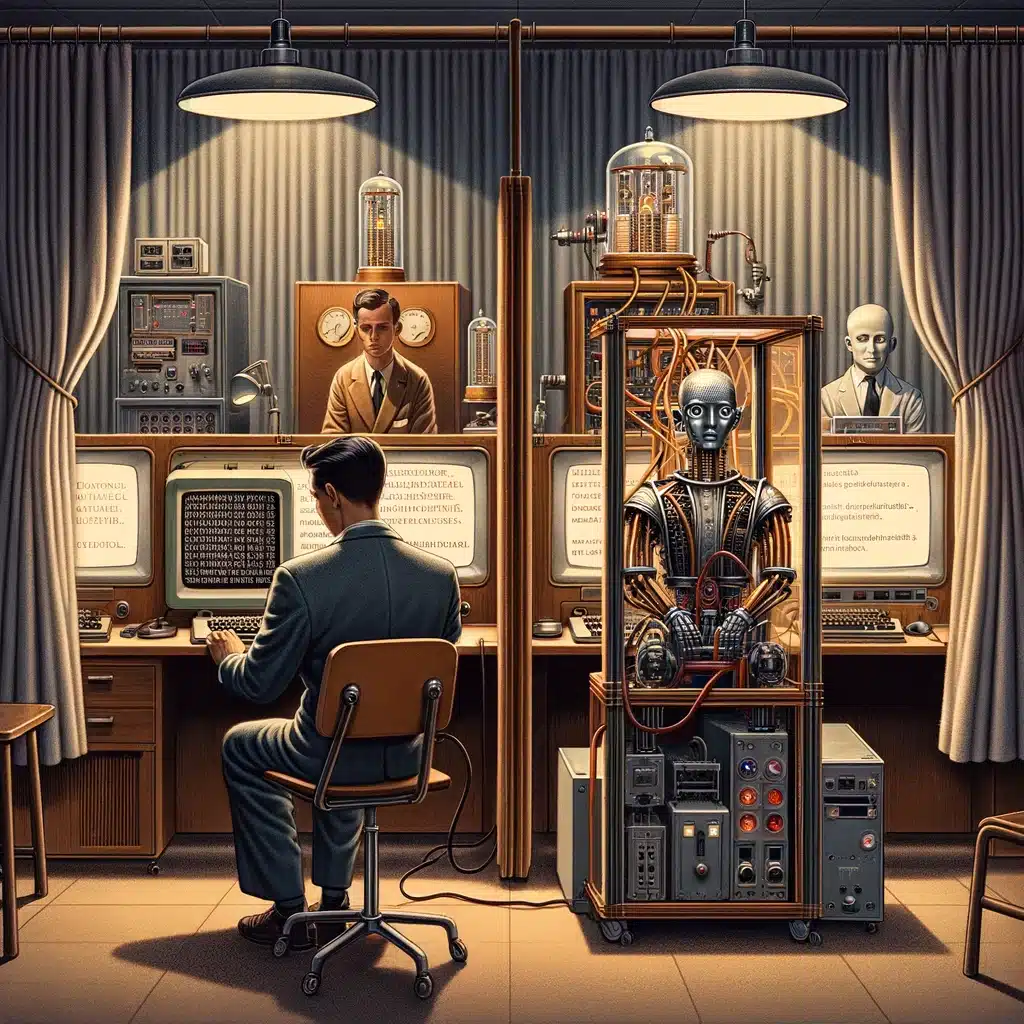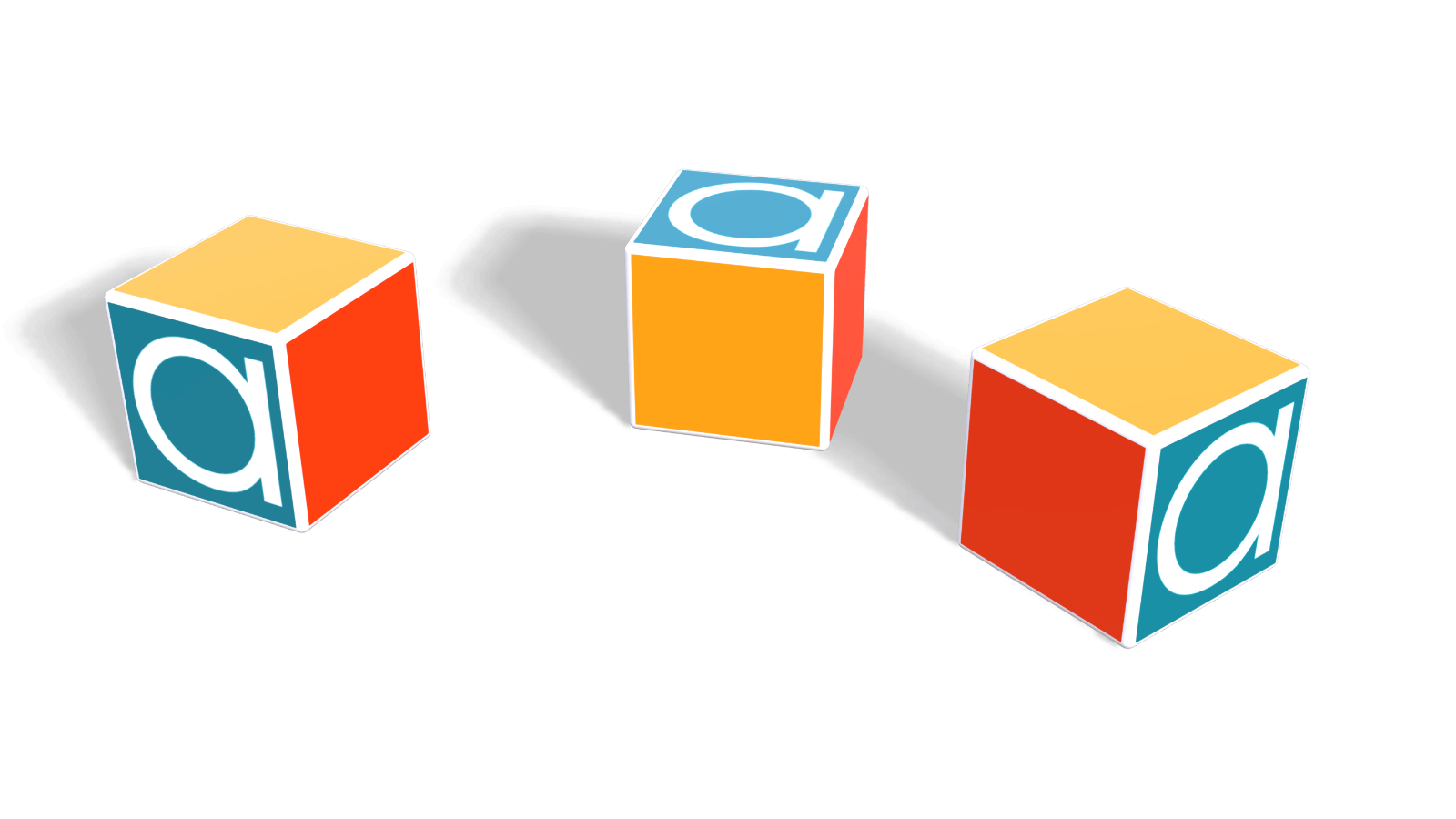Will the PC market ever die, or will it simply be reduced, and then stabilize as a core of diehard PC users who refuse to give up expansion slots, a keyboard and a ‘real’ mouse? Anybody wanting to answer that question using a computer industry analysis maybe basing their analysis on the tablets and smartphones that have been eating into the PC’s market share, but they may need to model a wider range of factors than that. The really influential parameters may be ones that go deeper than the technology and fashion issues that have been in evidence so far.
From stationary to mobile – A sea change
Much of the current woe in the PC market is attributed to the arrival of the new generation of mobile devices. Now that people can do a large proportion of previously PC-based activities on tablets and smartphones, they often invest in the latter rather than renewing the former. IT Market data for computer industry analysis is abundant when it comes to shipments, increases and declines. ‘We were not meant to sit at desks’, wrote Ben Bajarin in April 2013. His suggestion was that PCs and notebooks imposed an artificial paradigm by their nature and by being the best solution at the time, but that mobile computing will change all of that.
Writing is still part of the picture
However, much of daily life involves data entry and recording of some sort: from entering a credit card PIN for a purchase, to filling in a form on the web, to writing a report or a manual. Where the quantity of data to be entered is small, small devices will suffice: a numbers keypad or a smartphone screen, for example. Where larger quantities are involved, ten fingers (or just two with lots of lateral movement) and a keyboard are better suited. Sure, there’s also voice recognition and some advanced research going on into decoding eye movements and brain waves, but as a happy medium of speed and efficiency without being biologically invasive, the keyboard (and the PC) still has a lot going for it.
PC vendor implosion
The computer industry analysis can also be done from a different point of view. Instead of considering how good the new generation of mobile devices is, some observers suggest looking at how bad the traditional PC industry may be. In the spotlight is the apparent inability of PC manufacturing giants like HP and Dell to make an impact in the mobile market; and how Microsoft and Intel may have multiplied the difficulty for PC vendors by producing or limiting their production to unsuitable operating systems and hardware components.
Making a model that works
Models for computer industry analysis that reflect reality often need to be approached iteratively. Insights develop on how technology, society, economics and even psychology and physiology can all affect the PC market. Models then get successively built up, refined, simplified and optimized. Examples of initial approaches are available in the Analytica tutorial model database. They include models of markets, R&D project values, portfolios and enterprise operations. More sophisticated models (not necessarily confined to the computer industry analysis) have also been built using Analytica. They deal with global trends and predictions based on hundreds of different factors and their associated probability distribution functions.
If you’d like to know how Analytica, the modeling software from Lumina, can help you to analyze and predict outcomes in markets of any kind, then try the free edition of Analytica to see what it can do for you.






